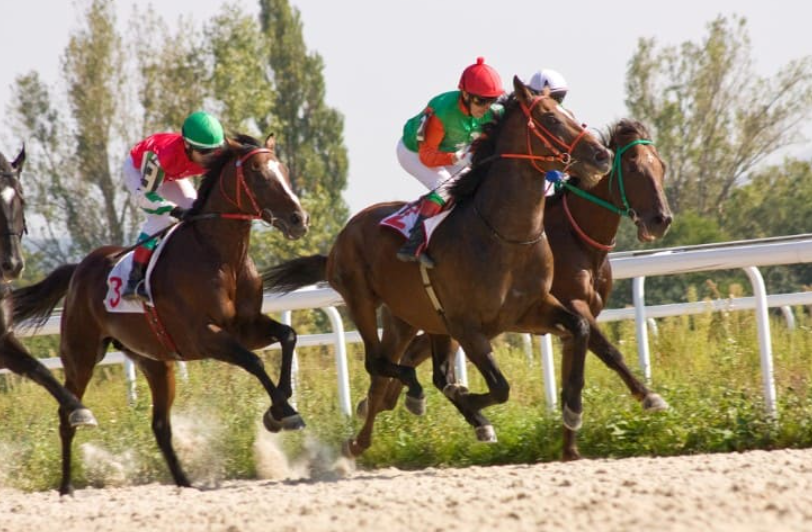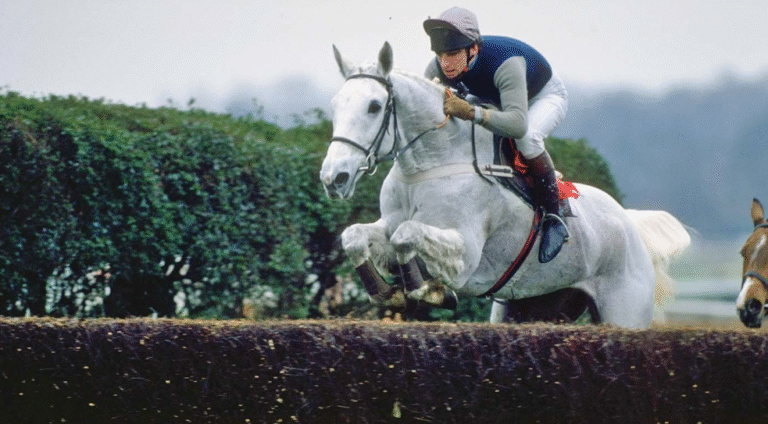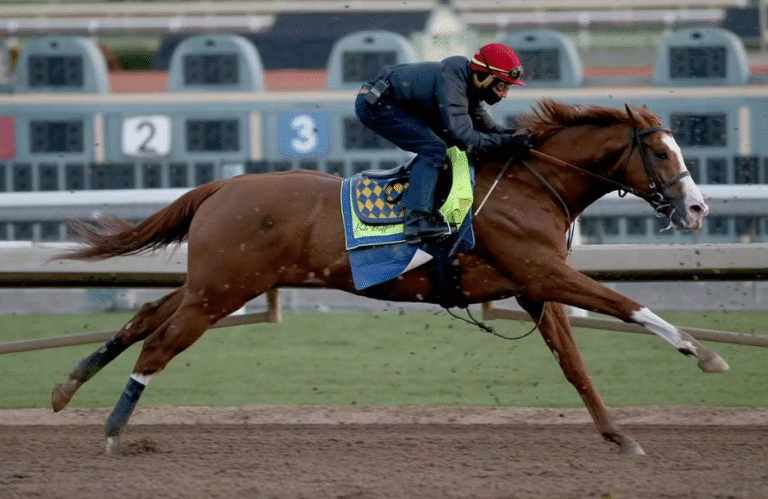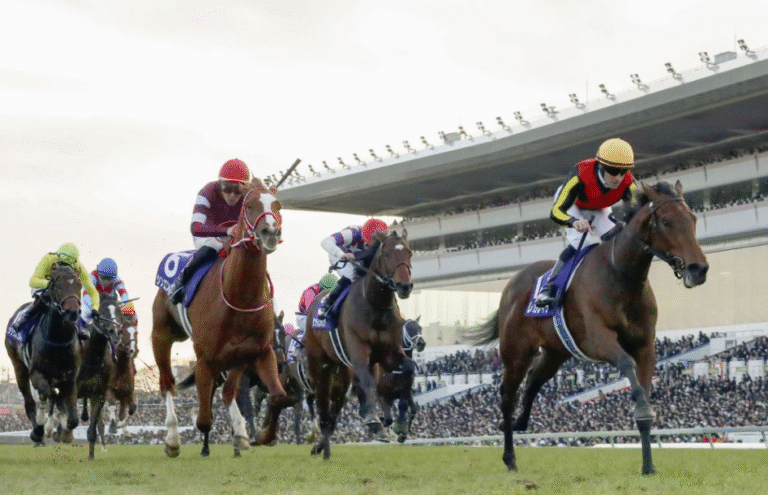The Role of Breeding in Horse Racing: Why Pedigree Matters
Breeding in horse racing is a complex interplay of genetics and performance potential. Pedigree serves as a primary indicator of a horse’s capabilities, influenced by the lineage of both sire and dam. Key traits such as speed, stamina, and temperament can be traced through bloodlines. Understanding these nuances is essential for predicting future success. However, the implications of these genetic factors extend beyond mere lineage, raising questions about their actual impact on training and competitive outcomes.
Understanding Horse Pedigree: The Basics
Horse pedigree serves as a crucial determinant in the realm of horse racing, influencing both the breeding decisions and the potential success of racehorses.
Through meticulous pedigree analysis, breeders evaluate genetic inheritance patterns, identifying traits that enhance racing performance.
Understanding lineage allows for informed choices, ensuring that the offspring possess desirable characteristics, ultimately shaping the competitive landscape of horse racing and fostering the pursuit of excellence in breeding.
See also: The Psychological Side of Horse Racing: How Athletes Prepare Mentally for Races
The Influence of Sire and Dam on Racing Potential
The racing potential of a horse is significantly influenced by the genetic contributions of both the sire and the dam.
Sire influence often determines speed and stamina, while dam performance can enhance agility and temperament.
Evaluating these factors allows breeders to predict a horse’s capabilities, ensuring that the offspring inherit traits conducive to success on the racetrack, thereby maximizing competitive advantage.
Evaluating Bloodlines: Key Factors to Consider
Evaluating bloodlines in horse racing necessitates a comprehensive analysis of several critical factors that contribute to a horse’s potential on the track. Key aspects include genetic markers, pedigree history, and performance records.
| Factor | Description | Importance |
|---|---|---|
| Genetic Markers | Specific traits inherited | Indicates speed and endurance |
| Pedigree History | Ancestral performance records | Predicts future potential |
| Sire and Dam Info | Parentage details | Influences temperament and ability |
| Race Performance | Results of siblings | Contextualizes bloodline success |
| Trainer Influence | Training history of ancestors | Affects overall development |
The Impact of Breeding on Training and Performance
Breeding significantly influences both training methodologies and performance outcomes in racehorses. Genetic traits inherited from lineage dictate physical abilities, temperament, and adaptability to various training techniques.
For instance, horses bred for speed may require distinct conditioning regimens compared to those with endurance attributes. As trainers tailor their approaches based on these inherited characteristics, the synergy between breeding and training becomes paramount for achieving optimal performance on the racetrack.
Conclusion
In conclusion, the intricate dynamics of horse breeding underscore the paramount importance of pedigree in racing success. By meticulously analyzing bloodlines, breeders can harness genetic potential to enhance speed, stamina, and temperament. As the racing world evolves, one must ponder: how many champions may remain undiscovered without the careful consideration of their lineage? The profound impact of breeding extends far beyond the racetrack, shaping not only the performance of horses but also the future of the sport itself.




